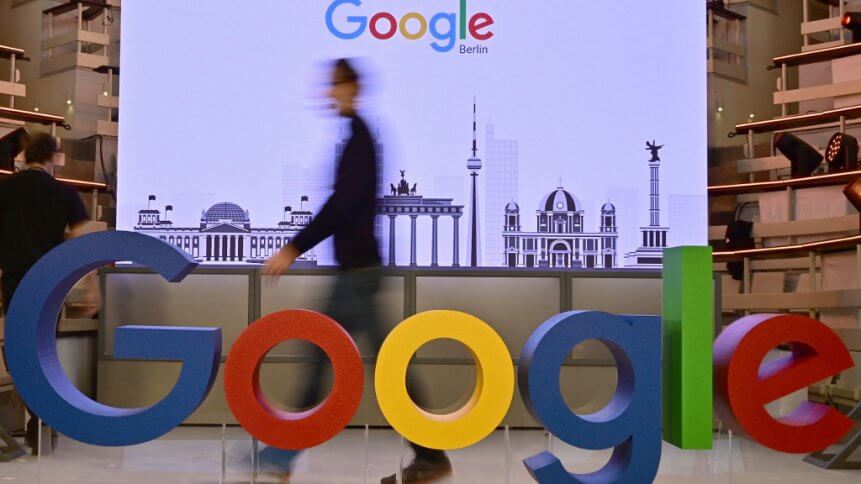Google’s been squeezing competitors out of Android in South Korea

- Because of Google and its approach with Android’s OS in South Korea, the former was hit with one of the biggest fines from South Korean regulators.
- The regulator is concerned that restricting these forks to the OS has prevented the emergence of viable competitors to Android from the likes of Amazon and Alibaba.
- Google says it will appeal the decision that would end its agreements with brands like Samsung and LG requiring them to use approved versions of its OS.
In August this year, South Korea became the first country to pass a law forcing Apple Inc and Google to open up their app stores to outside payment systems. That move, according to experts, could potentially set a radical precedent for their lucrative operations everywhere.
As soon as the bill took effect on Tuesday this week, the Korea Communications Commission slapped Alphabet Inc’s Google with a US$177 million fine for hampering the development of rivals to Android’s operating system (OS).
In short, Google has been sustaining a campaign targeting the US search giant’s dominance in smartphone software. The 207.4 billion won fine is one of the highest ever levied in the country for abuse of market dominance, with only Qualcomm Inc’s mobile chipsets drawing higher sanctions.
Above all, South Korean regulators also accused Google, whose Android’s OS powers more than 80% of smartphones around the world, of using its immense bargaining power to squeeze out the competition. Specifically, the Korea Fair Trade Commission (KFTC) is taking issue with the anti-fragmentation agreements (AFA) Google has manufacturers like Samsung Electronics Co and LG Electronics Inc sign, which prevents it from making changes to the operating system.
Basically, the market dominance of Google in the mobile arena has solidified as a result of the tech giant’s obstruction of competitors, the Korean regulator said. Amazon.com Inc and Alibaba Group Holding Ltd failed to launch mobile OS businesses while Samsung and LG were not able to release devices such as smartwatches and speakers with new services on time due to Google’s obstruction, according to the Commission.
YOU MIGHT LIKE

What Google’s big privacy push could actually mean
Although the core of Android is open-source, manufacturers have to sign an AFA to get benefits like early access to the OS as well as access to the Google Play Store, an essential part of the Android experience for most smartphone users, CNBC notes.
“The Korea Fair Trade Commission’s decision is meaningful in a way that it provides an opportunity to restore future competitive pressure in the mobile OS and app market markets,” said KFTC chairperson Joh Sung-Wook in a statement reported by Reuters. The fine could be the ninth-largest the regulator has ever issued, it said.
What was Google’s response?
In a statement, a spokesperson from Google told CNBC that the company disagreed with the ruling, and argued that Android’s policies had allowed Korean phone manufacturers and developers to be successful, and had created opportunities for innovation.
“The KFTC’s decision released today ignores these benefits, and will undermine the advantages enjoyed by consumers,” the spokesperson said, adding that Google plans to appeal the ruling.
Google has previously said that its AFAs are necessary to ensure that apps work across more Android phones.
Is KFTC only targeting Android’s OS and Google?
Truth be told, the new measures from the KFTC are intended to spur competition by freeing companies to create so-called forks of Android – versions built from the same basic building blocks but modified to suit the manufacturer’s aims, such as targeting different device classes or use cases – without fear of punitive measures from Google.
“The Fair Trade Commission’s action was not limited to mobile devices, but corrective measures included emerging smart device-related areas such as smartwatches and smart TVs. Therefore, we expect that new innovations will occur as some competitive pressures in this area are activated,” Joh said in a briefing on Tuesday.
To top it off, KFTC is also investigating three other cases related to Google and competition restrictions in its Play Store app market, in-app purchases, and the advertisement market.









